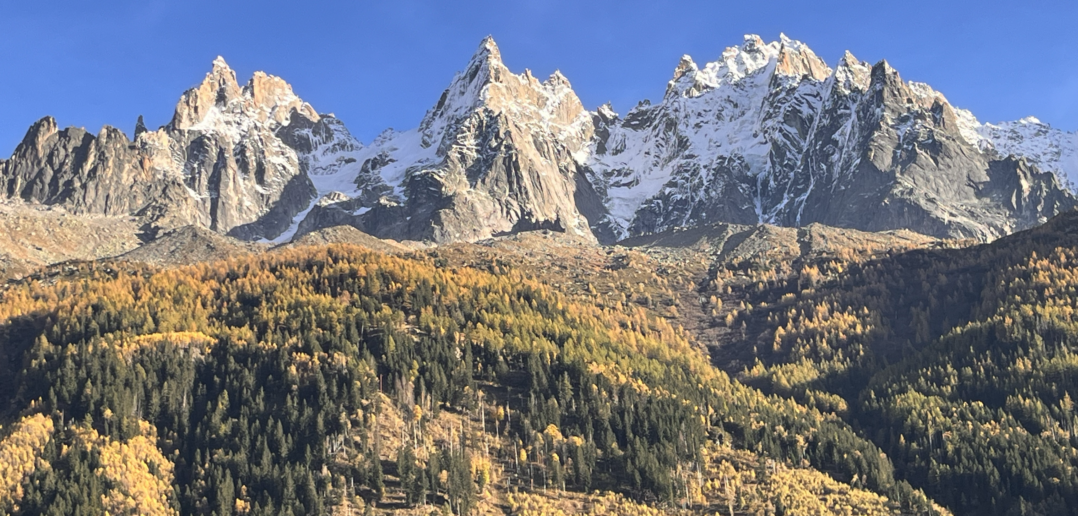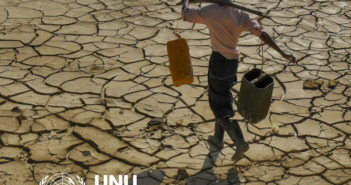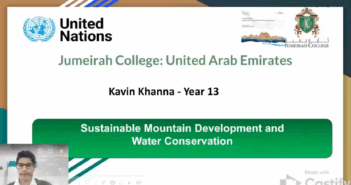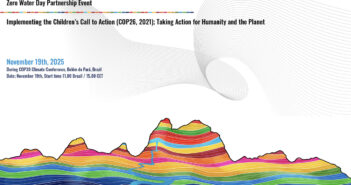Zero Water Day Partnership is an official partner in the section International networks, associations and NGO – for the United Nations International Year of Glaciers Preservation 2025.
Background
In December 2022, the UN General Assembly adopted the resolution to declare 2025 as the International Year of Glaciers’ Preservation, accompanied by the proclamation of March 21st of each year as the World Day for Glaciers starting in 2025.
The International Year and World Day for Glaciers aim to raise global awareness about the critical role of glaciers, snow and ice in the climate system and the hydrological cycle, and the economic, social and environmental impacts of the impending changes in the Earth’s cryosphere, as well as to share best practices and knowledge in this regard and in addressing issues related to accelerated melting of glaciers and its consequences.
Read the UN resolution adopted by the General Assembly on 14 December 2022.
UNESCO and WMO, in collaboration with governments and relevant organizations, are invited to facilitate the implementation of the International Year and World Day as leading agencies.Read International Year of Glaciers’ Preservation 2025 Concept Note
The International Year is fully aligned with the priorities of the IXth Phase of the UNESCO Intergovernmental Hydrological Programme and the WMO Strategic Plan 2024-2027.
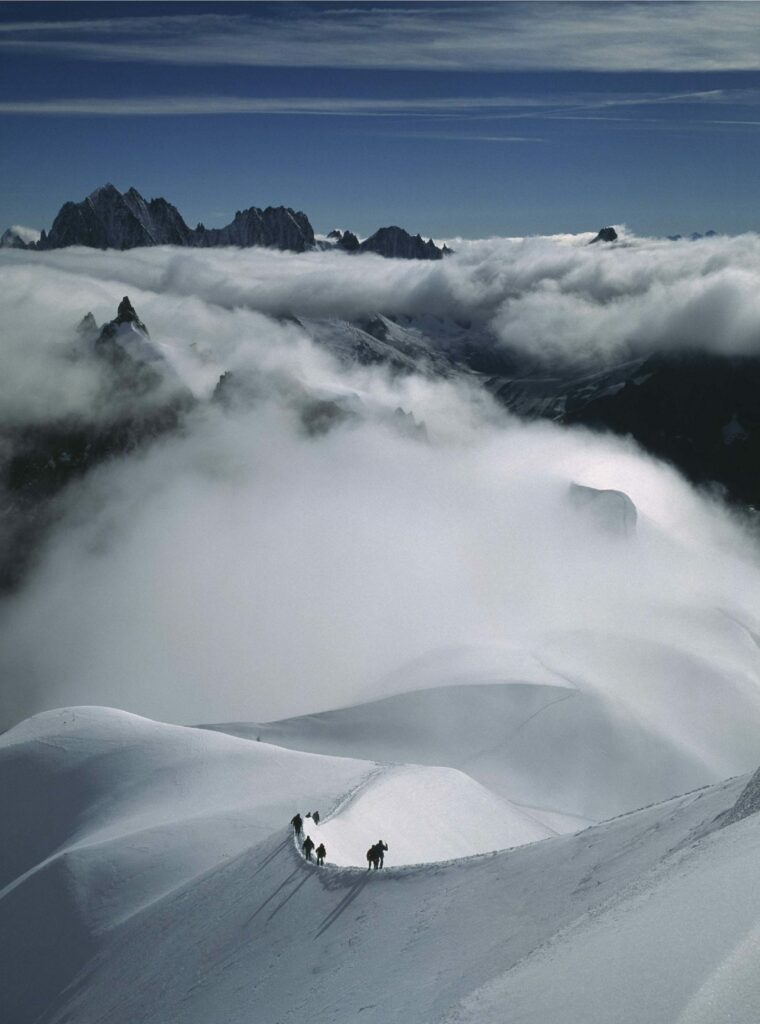
Climbers approaching the Aiguille du Midi, Mont Blanc Massif, French Alps
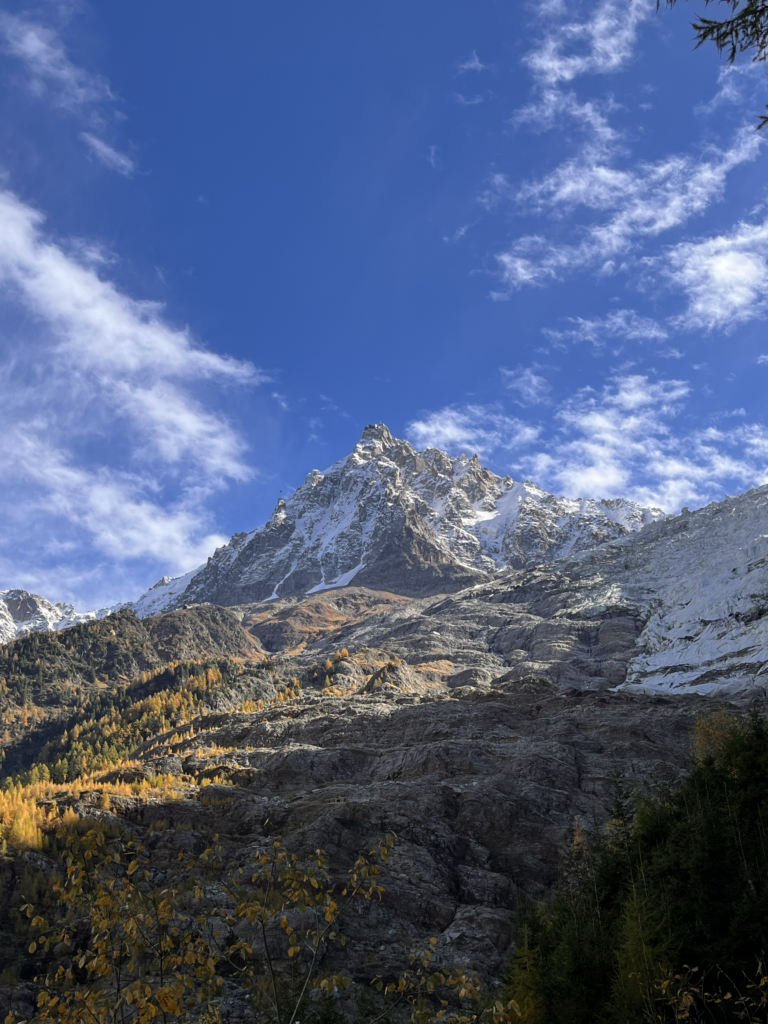
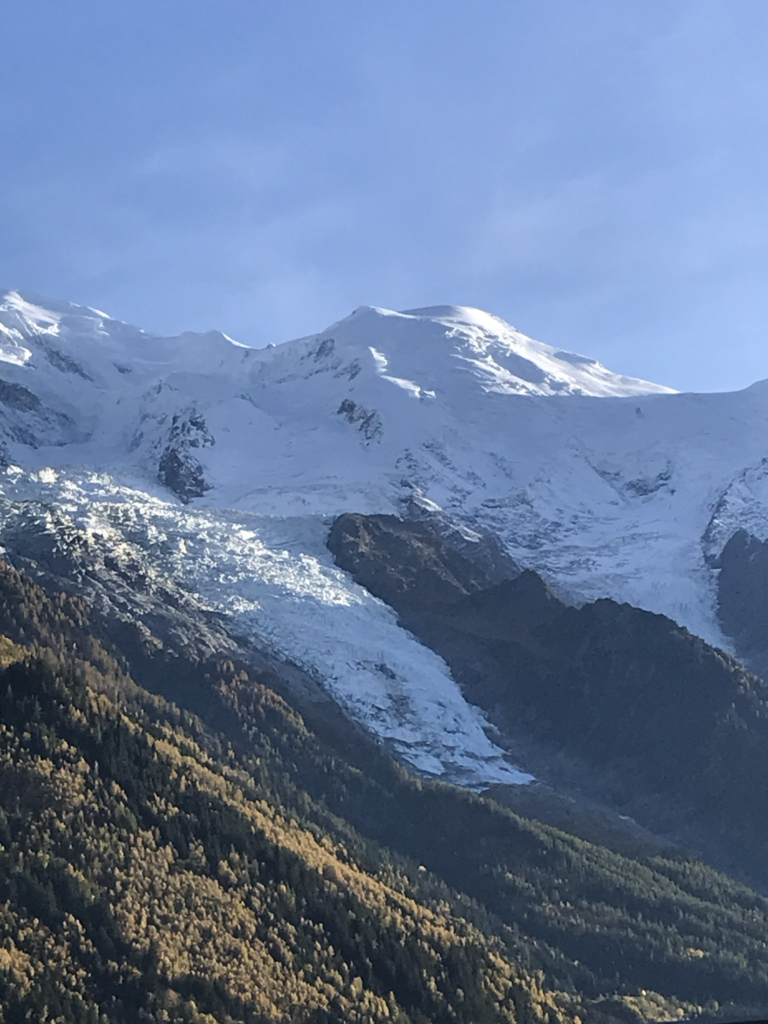
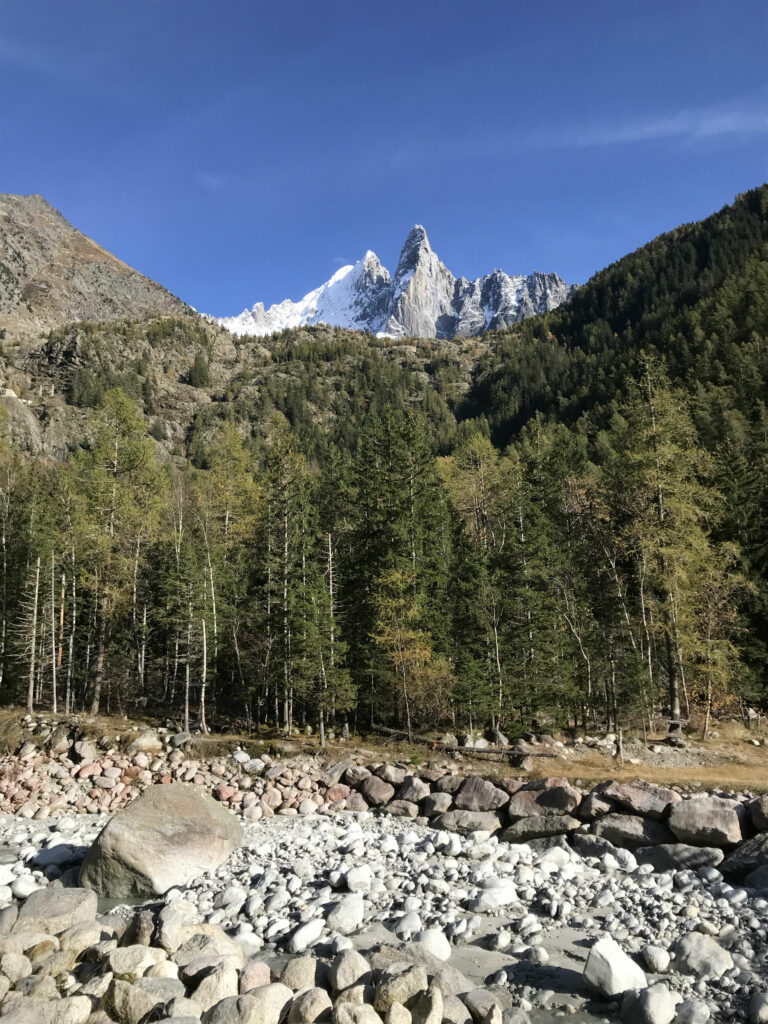
The 2025 global campaign for the World Day for Glaciers and World Water Day and will develop synergies with the Decade of Action for Cryospheric Sciences (2025-2034)
The UNGA’s declaration of this Decade of Action is a timely and necessary response. It calls for intensified global cooperation to advance scientific research and monitoring of the cryosphere, aiming to develop strategies that can mitigate the impacts of these changes and promote sustainable development.
In August 2024, the UN Resolution adopted by the General Assembly on 13 August 2024 and declared the period from 2025 to 2034 as the “Decade of Action for Cryospheric Sciences”
UNESCO notes that “the adoption of this resolution comes at a critical juncture. The cryosphere, comprising glaciers, snow, ice, and permafrost, plays an important role in regulating Earth’s climate and ecosystem stability. The crysophere is essential for regulating sea levels and ensuring freshwater availability for billions of people. However, as glaciers and ice sheets melt, the effects ripple across the globe, endangering water supplies, increasing the risk of catastrophic natural events, and potentially releasing significant amounts of greenhouse gases trapped in permafrost. The UNGA’s declaration of this Decade of Action is a timely and necessary response. It calls for intensified global cooperation to advance scientific research and monitoring of the cryosphere, aiming to develop strategies that can mitigate the impacts of these changes and promote sustainable development.
UNESCO has been appointed as the lead agency to coordinate the Decade of Action for Cryospheric Sciences. This role builds on the organization’s longstanding commitment to environmental preservation and scientific advancement. Over the next decade, UNESCO will work closely with governments, scientific communities, relevant UN agencies, and other stakeholders to implement a comprehensive program aimed at addressing the challenges posed by cryospheric changes.
UNESCO has been appointed as the lead agency to coordinate the Decade of Action for Cryospheric Sciences. This role builds on the organization’s longstanding commitment to environmental preservation and scientific advancement.
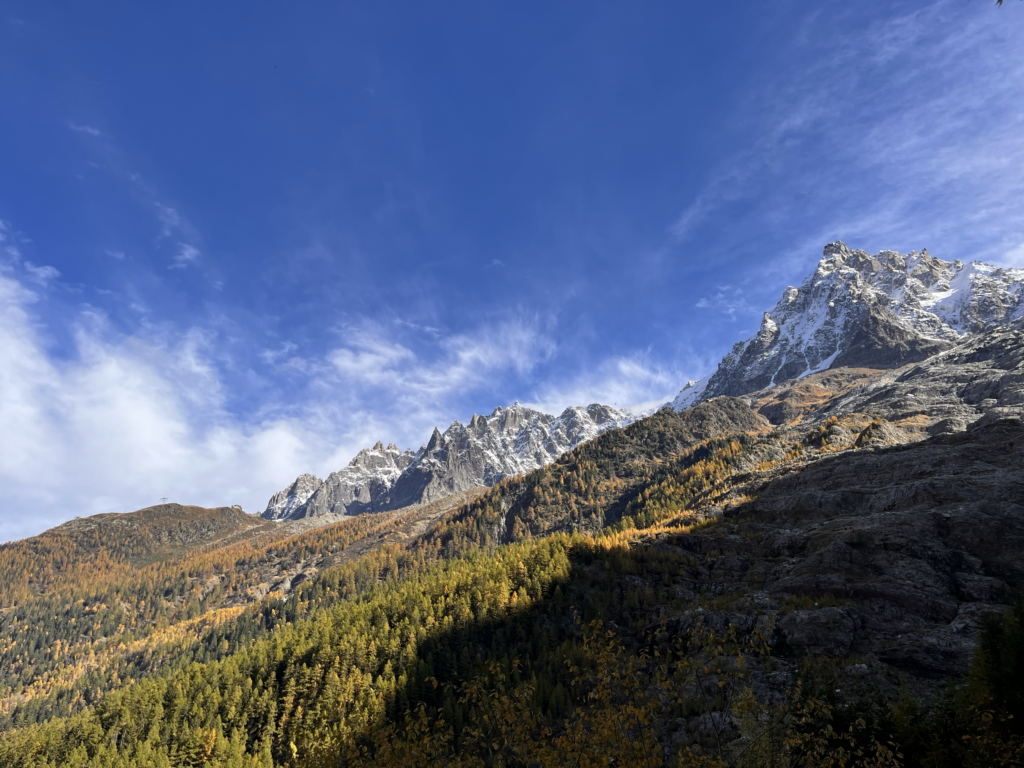
Over the next decade, UNESCO will work closely with governments, scientific communities, relevant UN agencies, and other stakeholders to implement a comprehensive program aimed at addressing the challenges posed by cryospheric changes.
UNESCO has been appointed as the lead agency to coordinate the Decade of Action for Cryospheric Sciences. This role builds on the organization’s longstanding commitment to environmental preservation and scientific advancement. Over the next decade, UNESCO will work closely with governments, scientific communities, relevant UN agencies, and other stakeholders to implement a comprehensive program aimed at addressing the challenges posed by cryospheric changes.


